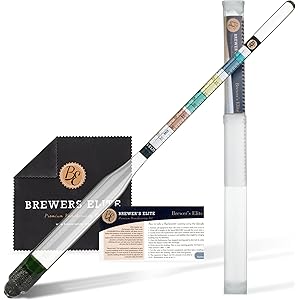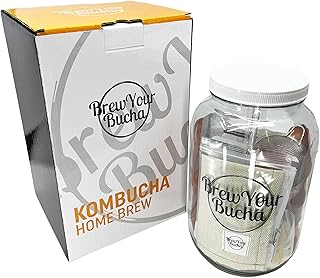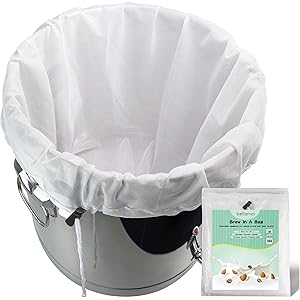What is Cold Brew?
Cold brew is a method of making coffee that involves steeping coarsely ground coffee beans in cold water for an extended period, typically 12 to 24 hours. This process results in a smooth, rich coffee concentrate that can be diluted with water or milk before serving. The cold brewing method extracts flavors differently than traditional hot brewing, leading to a less acidic and often sweeter taste profile. Cold brew coffee has gained popularity due to its unique flavor and the refreshing nature it offers, especially during warmer months.
What is Iced Coffee?
Iced coffee, on the other hand, is typically brewed hot and then cooled down by pouring it over ice. This method can be achieved by brewing coffee at a higher temperature and then chilling it quickly. While iced coffee can be made from any type of coffee, it often retains more acidity and bitterness compared to cold brew. The flavor profile of iced coffee can vary significantly based on the brewing method and the type of beans used, making it a versatile choice for coffee lovers who enjoy a refreshing beverage.
Key Differences Between Cold Brew and Iced Coffee
The primary difference between cold brew and iced coffee lies in the brewing process. Cold brew is steeped in cold water for an extended period, while iced coffee is brewed hot and then cooled. This fundamental difference leads to variations in flavor, acidity, and caffeine content. Cold brew is generally smoother and less acidic, making it a popular choice for those who prefer a milder taste. In contrast, iced coffee can have a more pronounced coffee flavor, which some may find appealing.
Flavor Profiles: Cold Brew vs. Iced Coffee
Cold brew coffee is known for its smooth, mellow flavor, often described as chocolatey or nutty, with a natural sweetness that emerges from the long steeping process. The low acidity of cold brew makes it easier on the stomach for many coffee drinkers. Iced coffee, however, can present a more complex flavor profile, influenced by the brewing temperature and the coffee beans used. The hot brewing process can extract more oils and acids, resulting in a bolder taste that some may find invigorating.
Caffeine Content Comparison
When comparing caffeine content, cold brew coffee often contains more caffeine per ounce than iced coffee due to its concentrated brewing method. However, since cold brew is typically diluted before consumption, the final caffeine content can vary widely depending on how it is prepared. Iced coffee, brewed hot, usually has a standard caffeine level, but the actual amount can fluctuate based on the brewing time and coffee-to-water ratio used.
Get more content like this!
Sign up to receive updates and new terms first hand.
Serving Suggestions for Cold Brew
Cold brew coffee is incredibly versatile and can be served in various ways. It can be enjoyed black, with milk, or sweetened with syrups. Some coffee enthusiasts like to add flavored creamers or even spices like cinnamon for an extra kick. Additionally, cold brew can be used as a base for coffee cocktails or blended with ice for a refreshing frozen drink. Its smooth flavor makes it an excellent choice for creative coffee beverages.
Serving Suggestions for Iced Coffee
Iced coffee can also be customized to suit individual tastes. It can be served black or with milk, cream, or non-dairy alternatives. Sweeteners like sugar, flavored syrups, or whipped cream can enhance the drink’s flavor. Some people enjoy adding ice cream or flavored ice cubes to their iced coffee for a dessert-like experience. The versatility of iced coffee allows for endless combinations, making it a favorite among coffee drinkers.
Health Benefits of Cold Brew
Cold brew coffee is often touted for its health benefits, particularly its lower acidity, which can be gentler on the stomach and teeth compared to traditional coffee. Additionally, cold brew retains many of the antioxidants found in coffee, which can contribute to overall health. The smooth flavor can encourage people to consume more water when diluted, promoting hydration. However, moderation is key, as excessive caffeine intake can lead to negative health effects.
Health Benefits of Iced Coffee
Iced coffee also offers health benefits, including the same antioxidants found in hot brewed coffee. The cooling effect of iced coffee can be refreshing, especially in hot weather, making it a popular choice for hydration. However, the higher acidity levels may not be suitable for everyone, particularly those with sensitive stomachs. As with cold brew, enjoying iced coffee in moderation is essential to avoid potential side effects from excessive caffeine consumption.
Conclusion: Choosing Between Cold Brew and Iced Coffee
Ultimately, the choice between cold brew and iced coffee comes down to personal preference. Those who enjoy a smooth, less acidic coffee may gravitate towards cold brew, while those who prefer a bolder, more traditional coffee flavor might opt for iced coffee. Both beverages offer unique experiences and can be enjoyed in various ways, making them staples in the coffee world.




